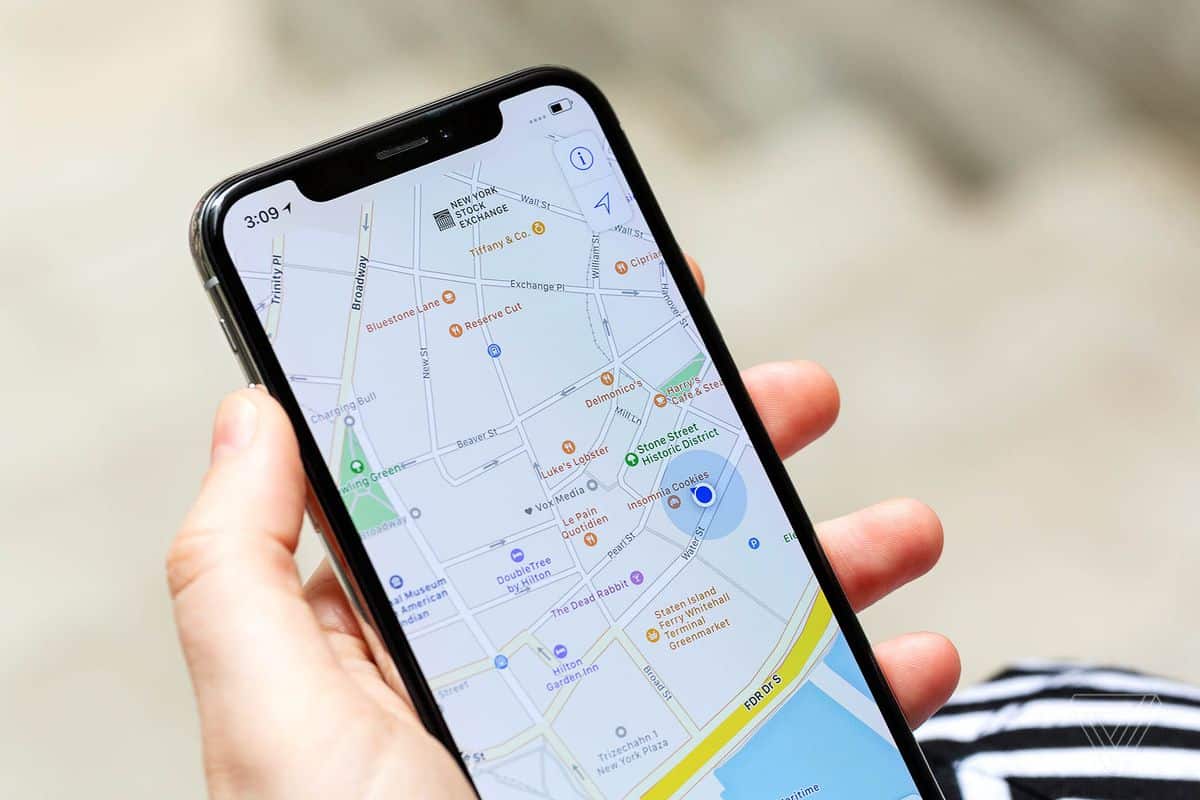How to Find Someone’s Address can be necessary for many reasons. You might be trying to reconnect with an old friend, send an important letter, locate a relative, or confirm the contact details of someone you’re working with. While it’s easier today to look up information than it was decades ago, it’s still important to follow the right approach, respect privacy laws, and avoid using any unethical methods.
This guide explains practical, legal, and respectful ways to locate How to Find Someone’s Address, whether they are in the UK or elsewhere.
Understanding the Purpose of Your Search
Before starting, ask yourself why you need the address. This is not just a formality — it shapes how you proceed.
Common reasons might include:
- Sending personal invitations or holiday cards
- Contacting a long-lost friend or family member
- Handling legal or business correspondence
- Verifying details before a property purchase or rental
If your reason is legitimate, you’ll feel confident using official and legal methods.
Start with What You Already Know
The easiest place to begin is with the information you already have. Even small details can point you in the right direction.
- Full Name – The more accurate, the better. Include middle names if possible.
- Previous Locations – Towns, neighbourhoods, or even partial postcodes can be helpful.
- Workplace or School – Employment and education history can narrow your search.
- Social Connections – Mutual friends, colleagues, or relatives might know.
Make a note of everything you know so far. This will help you later when using online tools or speaking to people.
Use Online People Search Tools
There are various online directories that can help you find an address, provided the person’s details are public. In the UK, some services allow you to search by name, postcode, or location to check registered occupants.
These tools usually work by combining public records, electoral registers, and other databases. While some basic information may be free, more detailed results often require a small fee.
When using such services, remember to:
- Search with both full and partial names
- Try variations in spelling
- Use location filters to narrow results
Check Public Records and Electoral Registers
In some countries, electoral registers are partially open to the public. In the UK, for example, the “open register” contains names and addresses of people who haven’t opted out. You can search it through local councils or authorised online platforms.
Other public records that may contain addresses include:
- Property ownership databases
- Court filings (if related to a legal matter)
- Local government archives
These records are usually accessible for a small fee or through specific government offices.
Explore Social Media Platforms
Social media profiles can sometimes give clues about where a person lives. While many people don’t list their exact address, they may share:
- City or town names
- Check-ins at local venues
- Photographs with identifiable landmarks
Platforms like Facebook, LinkedIn, and Instagram can be useful starting points. Always respect privacy settings and avoid intrusive behaviour.
Search Through Business Directories
If the person owns or works at a business, you may find their details listed in professional directories. For example:
- Company websites often have a contact page with a physical address.
- Industry-specific listings sometimes include office locations.
- LinkedIn business profiles may show city or region information.
This method is especially helpful for professionals or tradespeople who advertise their services.
Ask Mutual Contacts
If you share friends, colleagues, or acquaintances, they might be willing to pass along the person’s address or forward your message. This can be one of the most respectful approaches, as it avoids searching through multiple databases.
When asking, be clear about why you need the address and reassure them that you’ll handle the information responsibly.
Use Postal Services to Forward Mail
If you have an old address, postal services in some countries offer mail forwarding. You can send a letter to the previous address with “Please forward to” written on the envelope. If the person has a forwarding arrangement, your letter may reach them.
Another option is to write to the person at their last known address, asking them to reply with updated contact information.
Search Newspaper Archives
While it may sound old-fashioned, local newspapers sometimes mention addresses in:
- Event announcements
- Community news
- Obituaries or legal notices
Many local papers now have online archives, making it easier to search by name.
Be Aware of Legal and Privacy Rules
Laws on personal data vary by country. In the UK, the Data Protection Act limits the use of personal information without consent. This means you can use public sources, but you cannot unlawfully access private databases or hack into accounts.
Before using any method, ensure it’s legal where you live. Avoid:
- Pretending to be someone you’re not
- Using stolen credentials
- Accessing restricted records without authorisation
When to Hire a Professional
If your search is time-sensitive or complicated, you can hire a licensed private investigator. These professionals have access to legal tools and databases not available to the general public. Before hiring, check their credentials and reputation.
Final Thoughts
How to Find Someone’s Address is often possible with patience, the right tools, and respect for privacy. Start with what you know, explore public and online sources, and avoid crossing any legal lines. Whether you’re reconnecting with an old friend, verifying business details, or sending an important package, a careful approach ensures your search is both successful and ethical.



